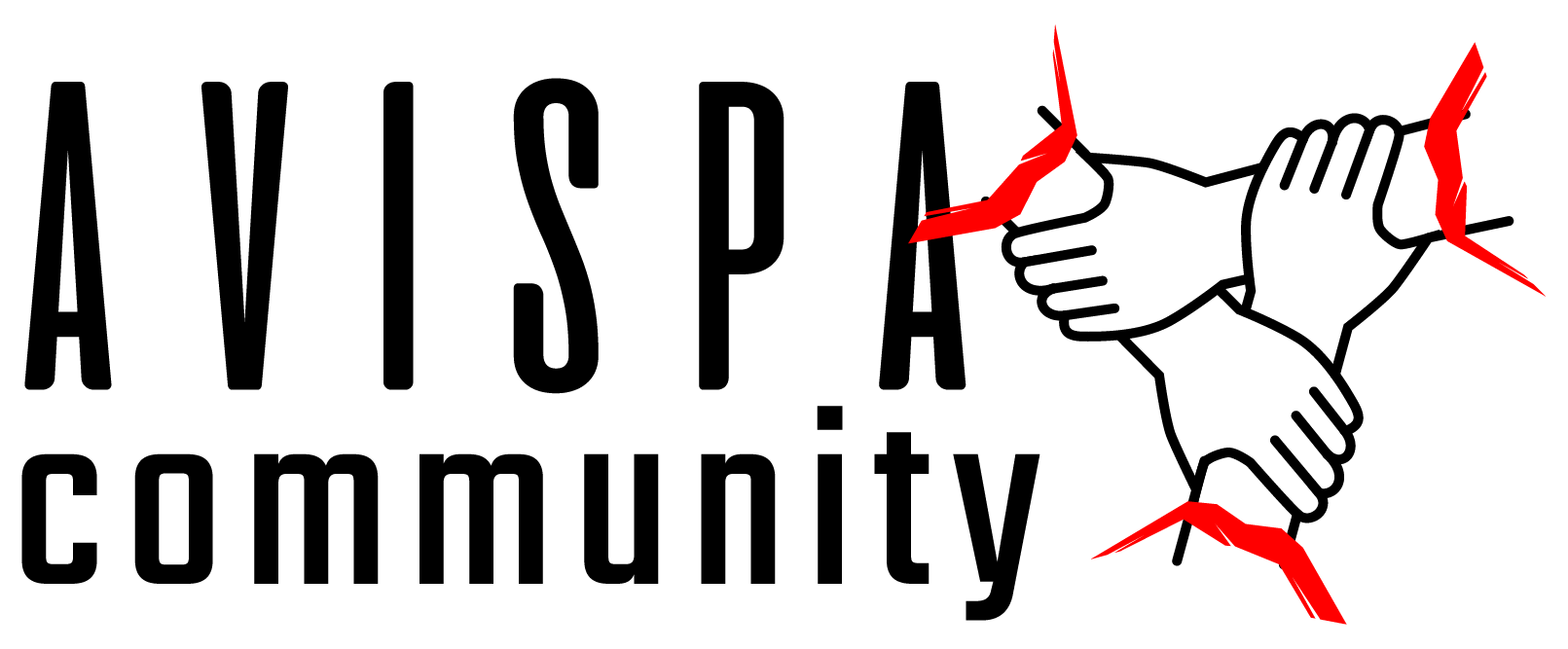With a major operation coordinated between Interpol, the Federal Police of Argentina, and Airport Security Police, on January 4, the activist Facundo Jones Huala, considered a leader of the Mapuche Ancestral Resistance (RAM), was extradited to Chile from Argentina.
The Lonko, as Mapuche chiefs are called, was detained on August 27, 2018 in Argentina, while on house arrest at his grandmother’s home. Neither his lawyer, his family, nor him had received any previous notification. Since then, the Supreme Court of Argentina has confirmed the ruling that the Mapuche leader would be extradited on charges of arson and the illegal possession of a handmade firearm. He was sentenced to nine years in prison, although his sentence was later reduced to six.
In 2022, his lawyer obtained his conditional freedom after he completed two-thirds of his sentence in CCP Temuco. Not long afterwards, the resolution was revoked and an arrest warrant ordered by the Chilean Supreme Court seeking his extradition.
Huala had traveled to Argentina and was considered a fugitive until he was detained in January 2023 in the southern part of the country.
The Gabriel Boric government, the current president of Chile, activated the extradition order of the activist so that he complete his prison sentence. The Mapuche activist, via an audio, called on the Argentinean justice system to not be extradited to Chile because he is a “political prisoner.”
In prison, he went on a hunger strike to avoid extradition, and demanding an end to the political persecution again him. At that moment the activist declared that the principal demand is “territory and autonomy for our nation…the state must return everything (to the Mapuche people) or assume the consequences,” he warned.
Today he is extradited to Chile where he will remain detained for at least one year, four months, and seventeen days, the time in which he will finish the six-year prison sentence that was dictated against him in December of 2018.
The Mapuche leader arrived approximately at 10:40 in the morning on Thursday to the Pichoy airport in Valdivia. According to Chilean authorities, the Lonko was transferred to the city of Valdivia, 850 km from Santiago, to be presented at the court.
The prosecutor, Sergio Fuentes, said that “the appellate court of Valdivia, after reviewing the legality of the extradition process, ordered Huala to be placed at the disposal of the Guarantee Court of Rio Bueno, which in turn ordered him to be transferred to CCP Temuco to finish the rest of his sentence,” he said.
The prosecutor added that “the extradition process was made possible by the coordinated activity between the Chilean prosecutor, through the International Cooperation and Extradition Unit, together with Argentinean police, judicial and administrative authorities.”
The ancestral Mapuche territory, known as Wallmapu, is vindicated by Mapuche people from the Pacific to the Atlantic Oceans. Historically, since before the European invasion, the Mapuche people have lived in the Argentinean and Chilean Patagonia. However, more than once they have been considered invaders and terrorists.
RAM is considered the “political military organ” of the Puel Mapu Autonomous Mapuche Movement, an organization that Huala admitted being a participant in the extradition trial that was carried out in Bariloche, in February of 2018. He sustained that he was “a combatant at one point in the RAM, as well as a combatant in the Coordinadora Arauco Malleco (CAM), and in other situations of political territorial conflict developing acts of self-defense.”
This organization reclaims the sovereignty and recognition of the Mapuche community and its ancestral territories, which cover the length and width of both Argentinean and Chilean territories.
The organization has been accused of a series of things, from provoking more than a dozen fires, stealing livestock, and even carrying out armed attacks against employees of the Compania de Tierras Sud Argentino Limitado, property of Carlo Benetton, part of the Italian textile empire of the Benetton Group S.P.A. In 1991, the Benetto family, in Patagonia, bought 900,000 hectares in which they raise almost 100,000 sheep, producing 10% of the wool of the Benetton Group S.P.A. firm. Most of these lands belong to the Mapuche people.
Amid this scenario, a group of fifteen Mapuche political prisoners who are part of the Coordinadora Arauco Malleco (CAM) in Chile, including leaders like Ernesto Llaitul, Esteban Henríquez and others, have been on a hunger strike, some since November 13, protesting a collective sentence of more than 15 years and demanding the annulment of these rulings. With this action, Consuelo Contreras of the National Institute of Human Rights has emphasized the necessity for inclusive dialogue to address violence in the region.
The progressive government of Boric has maintained a distant posture toward the demands of autonomy of the Mapuche people, showing little interest in addressing ancestral land claims and self-government.


